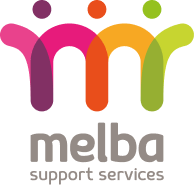Author: Jason Hulme
Melba Support Services acknowledges the Traditional Owners of Country throughout Australia and recognises First Peoples’ continuing connection to lands, waters, and community. We pay our respects to Elders past and present who carry the memories, traditions, cultures, and aspirations of First Peoples, and who forge the path ahead for future leaders.

